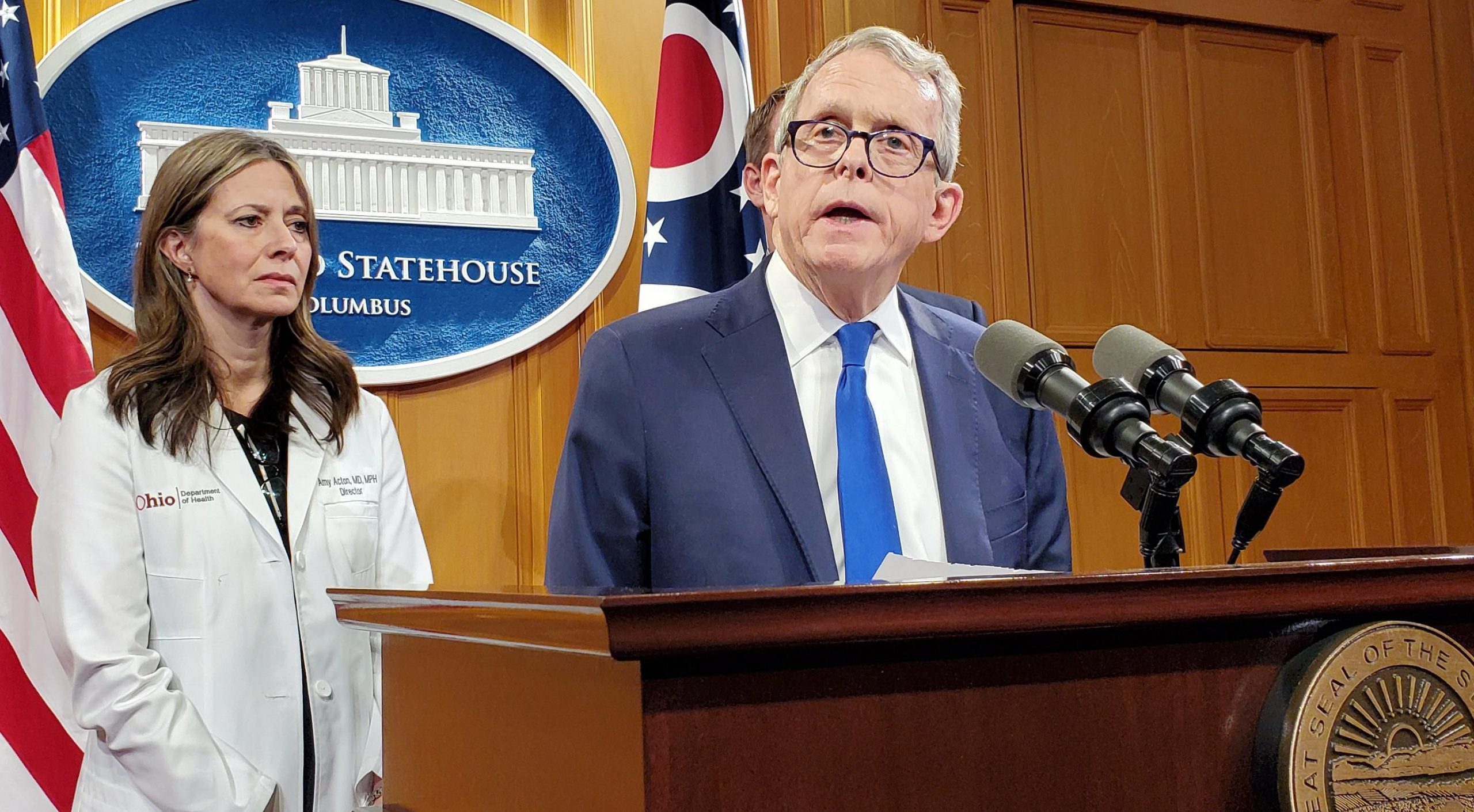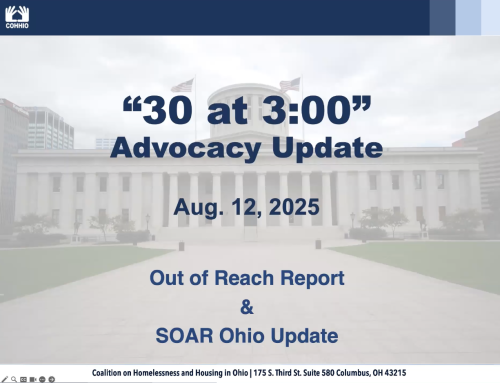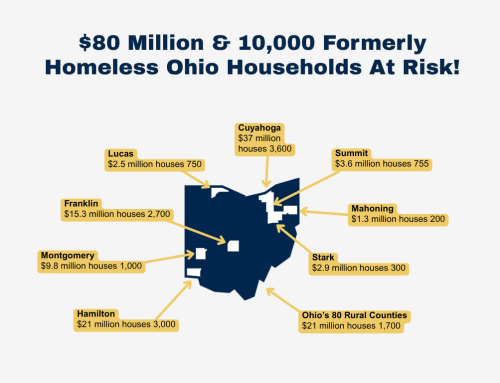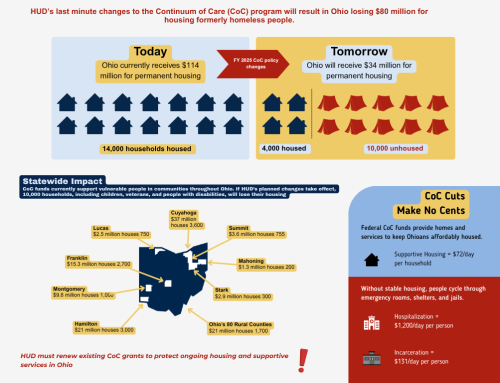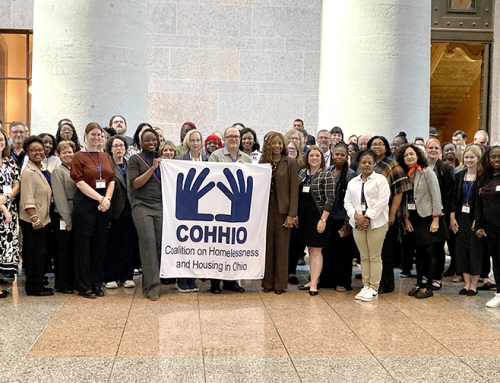Bill Faith, executive director of the Coalition on Homelessness and Housing in Ohio, issued the following statement in response to Gov. Mike DeWine’s efforts to assist local homeless programs that are struggling to implement CDC guidance to protect residents from COVID-19.
“We appreciate Gov. DeWine and Dr. Acton’s exemplary leadership on fighting the pandemic in Ohio, and their attention to the 10,000 Ohioans living in 300 homeless shelters who literally cannot stay at home to protect themselves from the coronavirus. Social distancing is simply impossible in these crowded congregate facilities, that often can’t even get basic cleaning supplies and personal protective equipment. This puts not just homeless residents at risk, but also shelter staff, their families, and the broader community.
“Gov. DeWine is right – the most urgent challenge right now is reducing the number of people living in emergency shelters and similar congregate facilities. We also need to relieve pressure on shelters by moving people who become homeless quickly into safe homes. Many hotels and motels around the state are stepping up to welcome people who have no other place to go during this crisis. But hotels can’t do it for free, and local homeless programs don’t have the money they need to book rooms for their residents.
“Shelters need immediate help from local health departments, emergency management agencies, and city leaders to obtain the space necessary to implement social distancing, quarantine and isolation guidelines. We look forward to working with the DeWine administration, to leverage funding from FEMA for medical sheltering, and apply new resources from the federal coronavirus relief package to divert from shelters and rapidly exit people from homelessness.”
COHHIO released a report last week finding that 87 percent of Ohio’s regional homeless systems don’t have sufficient space to isolate and quarantine clients who show symptoms of COVID-19, and 79 percent cannot provide the financial assistance necessary to reduce admissions and minimize overcrowding in shelters.
Since state and federal funding could take weeks to reach Ohio’s homeless population, COHHIO created the Pandemic Emergency Fund with $500,000 from the organization’s own rainy day fund to provide immediate relief to frontline agencies. The fund’s now has about $770,000, and COHHIO is issuing checks to help local homeless shelters obtain the supplies and space they need. COHHIO urges concerned Ohioans to donate to their local shelter programs or contribute to the COHHIO Pandemic Emergency Fund at: https://cohhio.org/covid-19/
